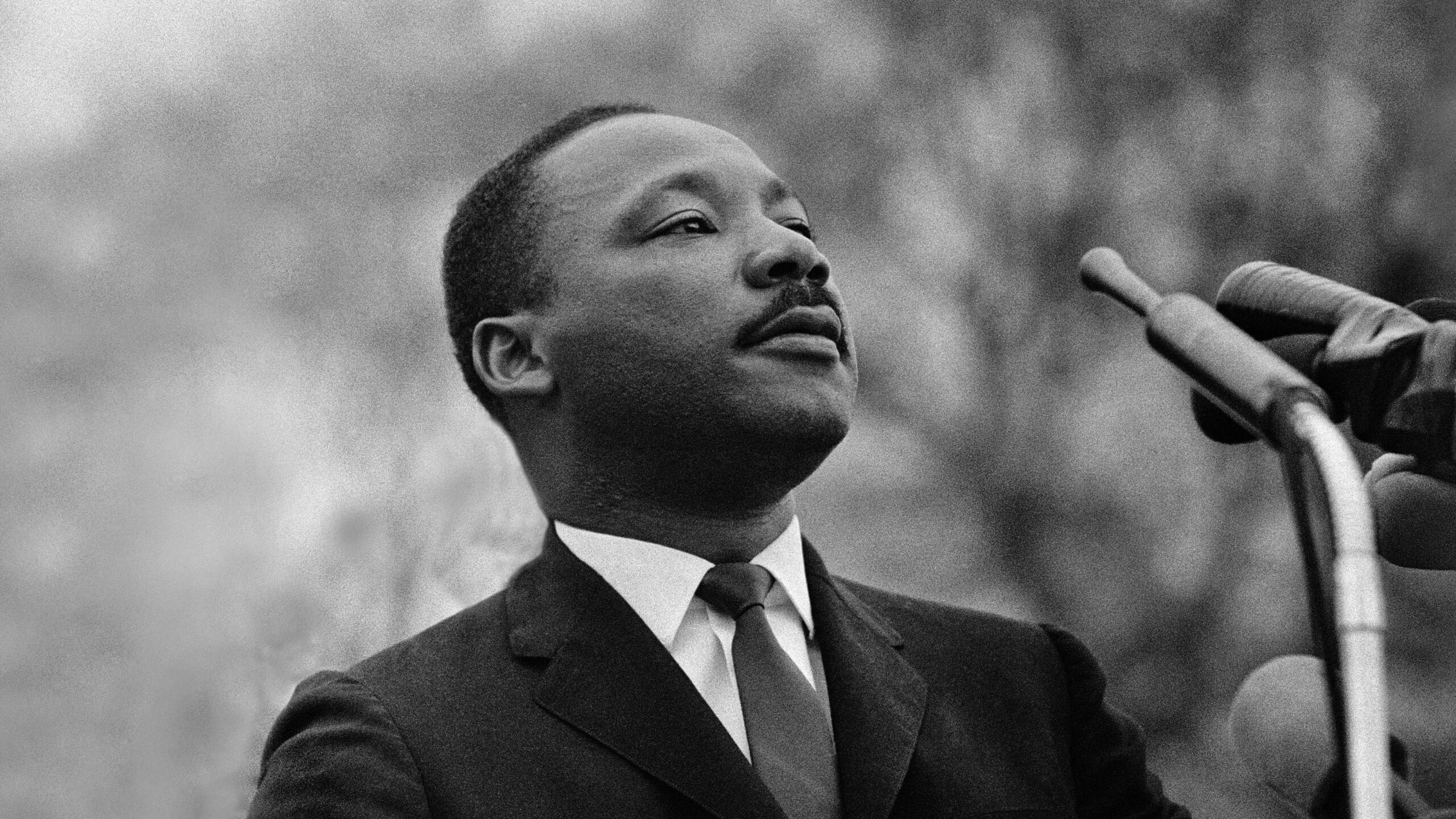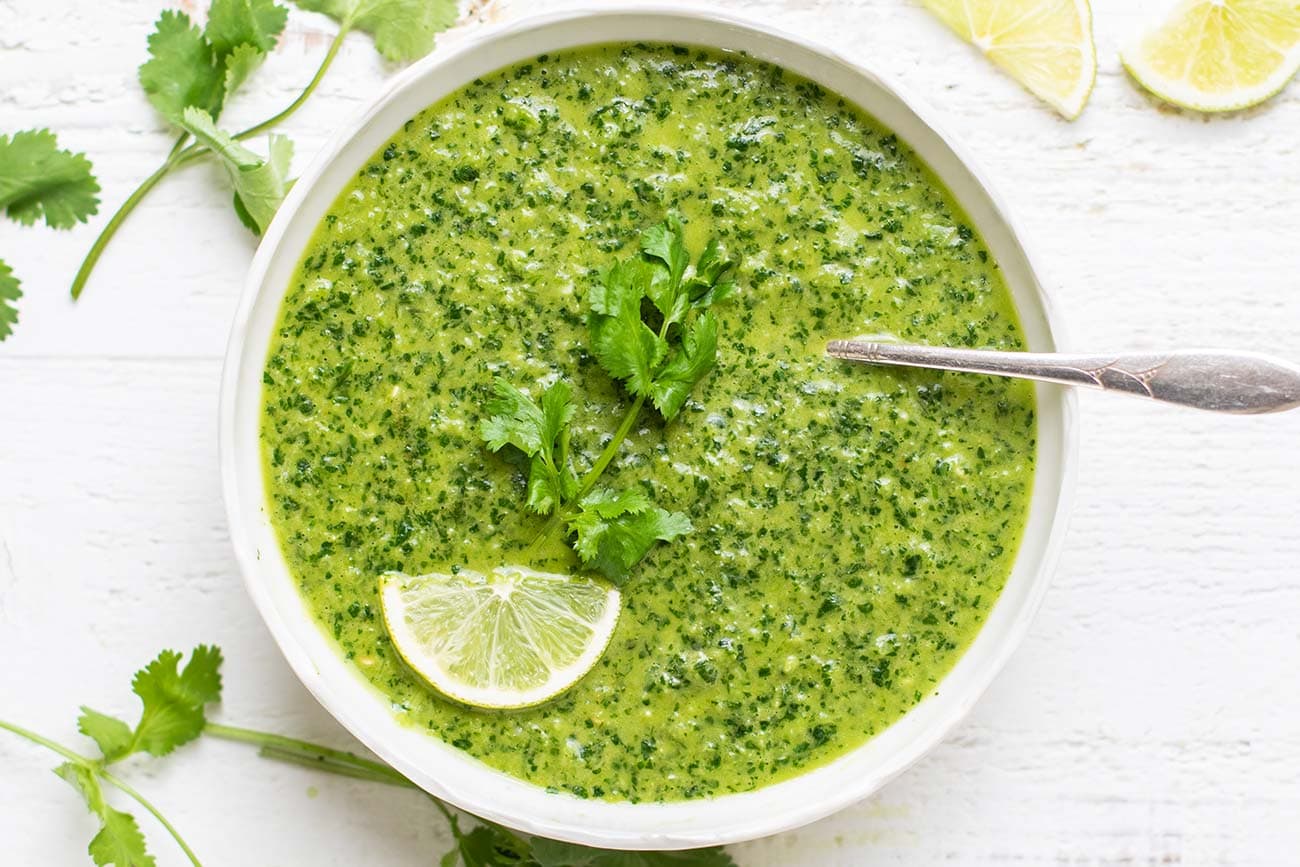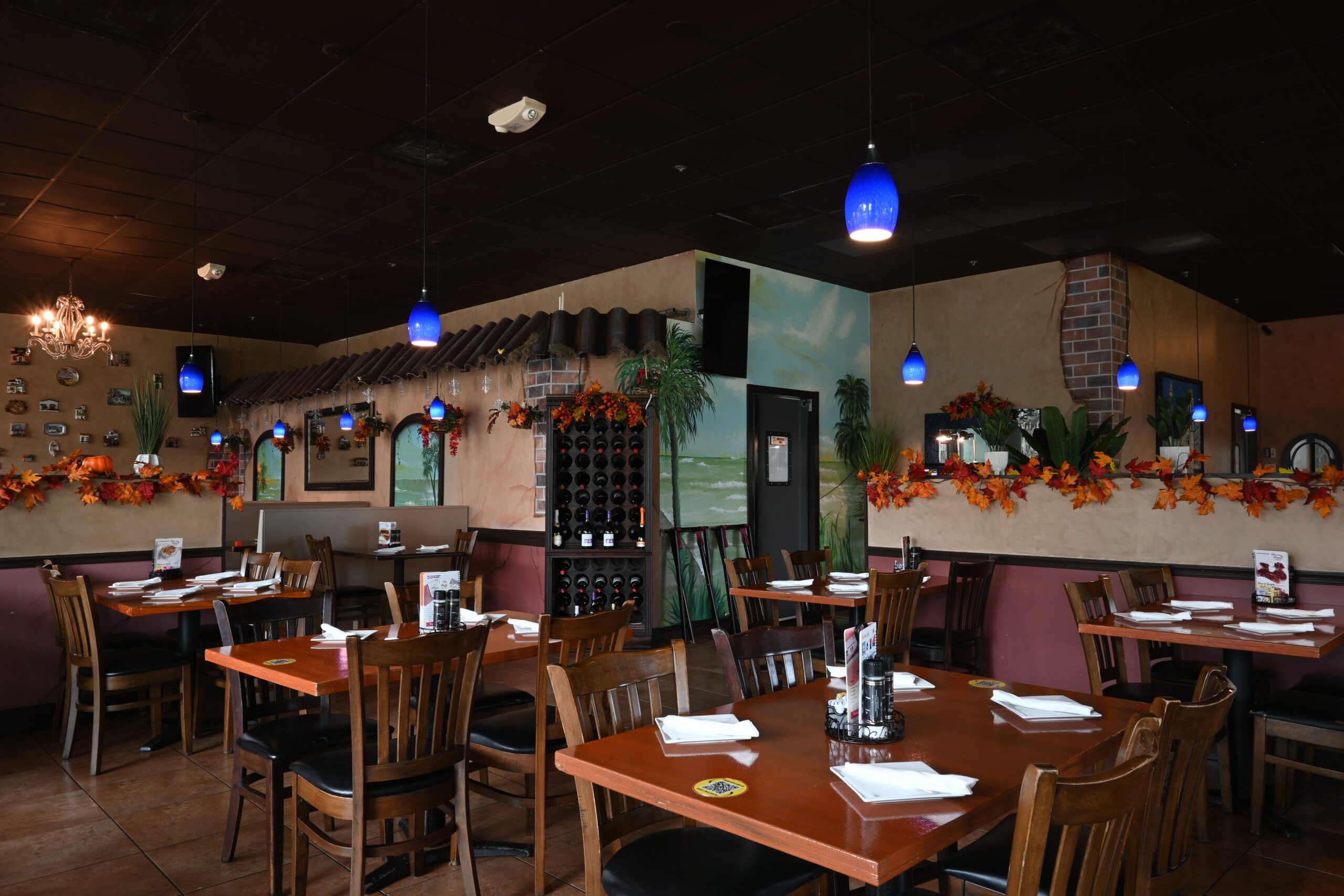As I sat down to enjoy a plate of ropa vieja one evening, I couldn’t help but reflect on how food often tells stories of resilience, culture, and community. Tuning into a documentary about Martin Luther King Jr., I started to imagine the different ways his advocacy for unity and equality resonated even into the kitchens of Cuban families across America. Can food be a bridge between cultures?
The Culinary Legacy of Martin Luther King Jr.
When we think about Martin Luther King Jr., we often recall his powerful speeches and tireless fight for civil rights. However, his influence extends beyond the podium. It reaches into our kitchens and dining tables. King’s philosophy shaped not just political movements, but also our food choices. Let’s explore how his legacy continues to inspire communal meals and promote understanding among diverse communities.
Influence of King’s Philosophy on Food Choices
King believed in the power of unity and togetherness. He often emphasized that sharing meals could symbolize resistance against injustice. It’s interesting to think about how food can connect us. When we sit down to eat, we break bread together, fostering a sense of community. This idea was pivotal during the Civil Rights Movement.
- Communal meals as a form of protest: King saw dining as an opportunity to unite people. Meals became gatherings where conversations about rights and equality flourished.
- Inspiration for menus: Many activists would choose dishes that reflected their cultural heritage. This not only honored their roots but also educated others about their struggles.
In this way, King’s advocacy for equality influenced the food choices made during the movement. It wasn’t just about what was on the table; it was about who was at the table. Meals became moments of solidarity.
Anecdote about a Meal Shared in Honor of MLK
Let me share a personal story. A few years ago, I attended a community gathering in honor of Martin Luther King Jr. Day. The event featured a potluck dinner. Each dish told a story. People brought their favorite recipes, inspired by their cultural backgrounds.
There was a vibrant spread: spicy Cuban black beans, soulful Southern collard greens, and sweet potato pie. Each bite was a celebration of our diverse heritages. As we shared these meals, we shared our histories, our struggles, and our dreams. It was a moment of connection. It reminded me of King’s words:
“Injustice anywhere is a threat to justice everywhere.”
As we passed the dishes around, laughter filled the room. There was a sense of unity. We weren’t just eating; we were honoring a legacy. It was a reminder of why we gather and how food can be a powerful tool for change.
Food as a Vehicle for Civil Rights Awareness
Food has always been more than just sustenance. It’s a vehicle for storytelling and awareness. During the Civil Rights Movement, meals played a crucial role in spreading the message of equality. Activists used food to draw attention to injustices. Sit-ins at segregated diners became common. They weren’t just protests against unfair treatment; they were also a way to reclaim space and demand respect.
- Eating together as a statement: When people of different races shared a meal, it challenged the status quo. It showed that we could come together, despite our differences.
- Culinary events for awareness: Many organizations host food festivals or cook-offs to raise funds and awareness for civil rights causes. These events celebrate culture while promoting unity.
King’s ideals encouraged sharing meals as a way to foster understanding among diverse communities. It’s a simple yet profound way to bridge gaps. Through food, we learn about each other. We share experiences, traditions, and hopes. This is the essence of King’s message—coming together to create change.
In reflecting on King’s culinary legacy, I feel inspired. His vision of unity through shared meals continues to resonate today. Let’s keep the spirit alive by gathering around the table, sharing our stories, and advocating for justice. After all, every meal can be a step towards understanding and equality.
Cuban Food: A History of Resilience and Fusion
Origins of Cuban Cuisine and Its African Influences
Cuban cuisine is a vibrant tapestry woven from various cultural threads. It’s not just about the food; it’s about the stories behind each dish. The origins of Cuban cuisine can be traced back to three primary influences: Spanish, African, and indigenous Taíno cultures. Each of these cultures brought unique flavors and cooking techniques to the table.
Spanish settlers introduced ingredients like rice, beans, and spices. They transformed the culinary landscape of the island. But it was the African influence that truly enriched Cuban food. Enslaved Africans brought with them their culinary traditions, which included the use of plantains, yams, and okra. These ingredients became staples in Cuban kitchens.
Have you ever tasted a dish that made you feel connected to a culture? That’s the magic of Cuban food. It’s a reminder of resilience. It tells the story of survival and adaptation. The blend of these influences reflects the island’s complex history. It’s a history marked by struggle, migration, and ultimately, fusion.
Personal Experience with a Traditional Cuban Dish
Let me take you on a journey through my taste buds. One of my favorite Cuban dishes is Ropa Vieja. This dish consists of shredded beef cooked in a savory tomato sauce with bell peppers and onions. The first time I tasted it, I was transported. The flavors danced on my tongue, and I could almost hear the stories of the past being whispered through each bite.
As I savored the dish, I thought about the generations of Cubans who have enjoyed it. It’s more than just a meal; it’s a connection to their heritage. The spices used in Ropa Vieja are reminiscent of both African and Spanish traditions. Each ingredient tells a story of resilience and fusion.
When I cook Ropa Vieja at home, I often reflect on the journey of Cuban cuisine. I think about the hands that prepared it long before me. I think about the families that gathered around the table to share meals and stories. It’s a beautiful reminder of how food can connect us across time and space.
How Cuban Food Showcases Cultural Diversity
Cuban food is a celebration of cultural diversity. It’s a culinary melting pot that reflects the island’s rich history. Each dish is a testament to the many cultures that have influenced Cuban cooking.
- Spanish Influence: The use of spices and cooking techniques from Spain.
- African Roots: Ingredients like plantains and okra that are staples in many African cuisines.
- Taíno Contributions: Native ingredients that have shaped traditional dishes.
Food is often a reflection of cultural identity. In Cuba, this is especially true. The dishes tell stories of migration, adaptation, and resilience. For instance, the popular dish Moros y Cristianos combines black beans and rice. It symbolizes the coexistence of African and Spanish cultures. It’s a delicious reminder of how diverse influences can create something beautiful.
As we enjoy Cuban food, we celebrate the island’s history. We acknowledge the struggles and triumphs of its people. As a culinary historian once said,
“Food is a memory. It speaks of a culture’s past, its trials, and its triumphs.”
This quote resonates deeply when we think about the significance of each meal shared.
In every bite of Cuban cuisine, we taste the resilience of its people. We experience a fusion of flavors that tells a story. It’s a story of survival, adaptation, and cultural richness. Cuban dishes serve as a reminder of the island’s rich cultural tapestry and history. They invite us to explore, to connect, and to appreciate the diverse influences that have shaped this vibrant cuisine.
Bridging Cultures Through Food: A Personal Anecdote
Food has a unique power. It can bring people together, spark conversations, and even bridge cultural divides. I’ve experienced this firsthand through my shared meal experiences with Cuban friends. Each gathering was more than just about eating; it was an opportunity to connect, to learn, and to grow.
Shared Meal Experiences with Cuban Friends
Let me take you to a small kitchen filled with laughter and the aroma of spices. I remember one specific evening when I was invited to a Cuban potluck. The table was adorned with vibrant dishes: Ropa Vieja, Arroz con Pollo, and Yuca con Mojo. Each plate told a story. As we dug in, the food sparked a sense of community. We shared not just a meal, but our lives.
Have you ever noticed how food can break down barriers? It’s true. In that kitchen, we were not just friends; we became a family. We laughed, reminisced, and shared our struggles and victories. The Cuban tradition of gathering around food created a safe space for open dialogue.
How These Meals Sparked Discussions About Social Issues
During one meal, the conversation shifted to social issues affecting our communities. My friends spoke passionately about their experiences. They shared stories of their families’ journeys, the challenges they faced, and their dreams for the future. I listened, captivated. It was eye-opening. Each dish became a backdrop for discussing topics like immigration, identity, and resilience.
Food gatherings often prompt these kinds of conversations. They allow us to reflect on our struggles and victories. It’s as if the act of sharing a meal invites vulnerability. We become more than just individuals; we become allies. In the words of an unknown author,
“The kitchen is a classroom, where history and culture converge over every meal.”
The Role of Cuban Food in Celebrating Diversity
Cuban food is a beautiful fusion of cultures. It reflects the island’s history and the blending of African, Spanish, and indigenous influences. Each dish is a celebration of diversity. When we share Cuban food, we celebrate not just the flavors but also the stories behind them.
Food is a platform for activism and cultural pride. It allows us to showcase our heritage. When my friends prepared traditional dishes, they weren’t just cooking; they were sharing their identity. They were proud of their culture, and they wanted to share that pride with me. It was a lesson in appreciation and understanding.
As we feasted, I felt a deep sense of connection. The meals were more than just sustenance; they were a celebration of who we are. Through food, we honored our differences while recognizing our shared humanity.
Breaking Barriers Through Shared Tastes and Stories
Sharing food ignites dialogue that transcends barriers. It allows us to build bridges over shared tastes and stories. I often reflect on those evenings spent with my Cuban friends. They were more than just meals; they were moments of learning and growth. I learned about their struggles, their culture, and their hopes.
So, the next time you sit down to eat with friends, think about the power of that moment. What stories are waiting to be shared? What connections can be made? Food is not just about nourishment; it’s about bringing people together. It’s about understanding and celebrating our differences while finding common ground.
In conclusion, my experiences with Cuban food have taught me invaluable lessons about culture, identity, and community. Food has a way of connecting us, of fostering understanding. Let’s embrace this power. Let’s continue to share meals, share stories, and celebrate our diversity. After all, in the kitchen, we find not just recipes, but also the essence of who we are as individuals and as a community.
TL;DR: Exploring the rich relationship between Martin Luther King Jr. and Cuban food culture reveals how food acts as a conduit for social change and cultural exchange.




